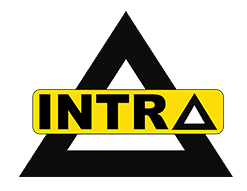Beta-blocker and calcium-channel blocker toxicity: current evidence on evaluation and management
The article titled “Beta-blocker and Calcium-channel Blocker Toxicity: Current Evidence on Evaluation and Management” provides a comprehensive overview of the pathophysiology, clinical presentation, evaluation, and management of toxicity due to beta-blockers (BBs) and calcium-channel blockers (CCBs).
Key points from the article include:
- Toxicity Features: The most common symptoms of both BB and CCB toxicity are bradycardia and hypotension. BB toxicity may also cause hypoglycemia, while CCB toxicity can lead to hyperglycemia due to decreased insulin secretion.
- Management Strategies: Management involves supportive care, including the use of intravenous fluids and monitoring. Specific antidotal therapies may include calcium salts for mild to moderate cases, high-dose insulin therapy for severe cases, and intravenous lipid emulsion particularly for lipophilic drug toxicities like those seen with propranolol.
- Advanced Treatments: For refractory cases, treatments such as extracorporeal membrane oxygenation (ECMO) or the use of intravenous lipid emulsion may be considered. Adjunctive therapies such as glucagon and vasopressors are discussed, with recommendations based on the specific clinical scenario.
- Special Considerations: Particular attention is given to managing complications such as non-cardiogenic pulmonary edema and specific drug properties that may influence the choice of treatment.
- Future Directions: The article calls for further research to refine treatment protocols, as much of the current evidence is based on case studies and animal research.
Overall, the document emphasizes a nuanced approach to managing these potentially life-threatening toxicities, highlighting the importance of tailored treatments based on individual drug properties and patient-specific factors. This comprehensive review serves as a crucial resource for healthcare providers managing patients with BB or CCB toxicity, ensuring evidence-based, effective care strategies are employed.
Please complete the Quiz in order to obtain 3 clinical CEU’s for this activity


